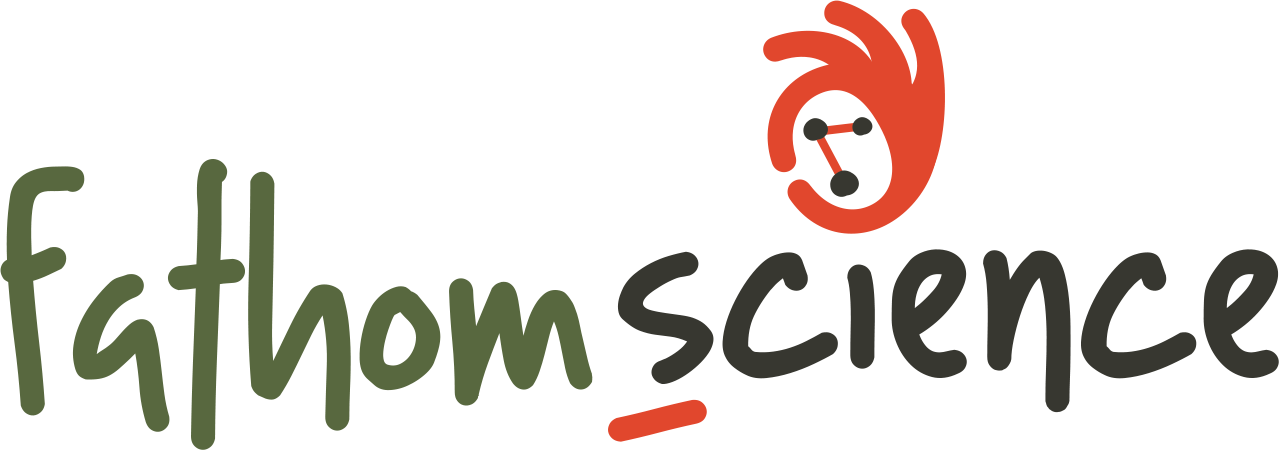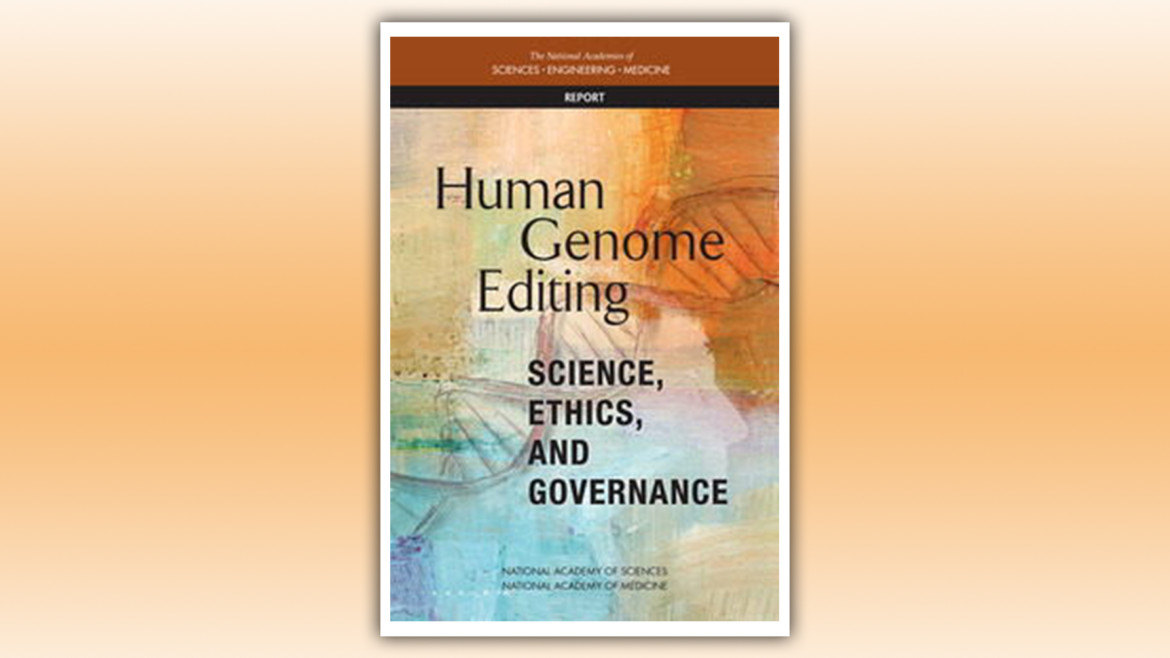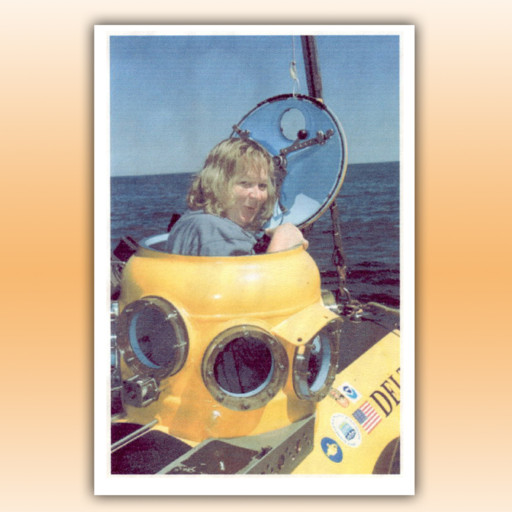Scientific advances have made genome editing easier, spurring an explosion of interest around the globe. An expert committee has weighed in on next steps, ethical and otherwise.
I knew this day was coming. I had to.
As a science journalist, I have covered many of the major milestones in modern molecular biology. And there have been some doozies. Standing in the East Room of the White House, where Teddy Roosevelt boxed and President Lincoln’s body once lay in state, I watched President Clinton in June 2000 as he stood with scientific rivals Francis Collins and Craig Venter and announced that humankind had deciphered the human genome. Cracking the code of our genetic blueprint, we knew, would lead to much more. Since that event, I have written of other milestones, including the dazzling possibilities of human embryonic stem cells and the strangeness of cloning.
On Tues., Feb. 14, an advisory panel convened by the prestigious National Academy of Sciences and the National Academy of Medicine issued a game-changing announcement: It would, with some caveats that allow for more research and discussion, support genome editing, more commonly known as germline engineering. This powerful new tool makes precise alterations to an organism’s genetic material. Everything I have written about molecular biology has pointed to this day. And yet, this is a moment I have dreaded because it will require so much of us as a society to get it right.
What’s the big deal, you might ask. Gene therapy, the alteration of the genetic material of somatic cells to treat disease or disability, has existed since the 1990s. The big difference is this: Somatic cells used in gene therapy are non-reproductive, meaning any change made in the person’s genome would not be carried over to his or her descendants. On the other hand, the germline genome editing that is the subject of the report results in genetic changes being inherited by the next generation.
The report, “Human Genome Editing: Science, Ethics, and Governance,” wisely stated the challenges ahead:
(The technique) “raises concerns about safety and unintended effects. It has also been argued that this degree of control in human reproduction crosses an ethically inviolable line. These discussions move the conversation about genome editing beyond individual-level risks and benefits toward significantly more complex deliberations that touch on technical, social, and religious concerns about the appropriateness of this degree of intervention.”
As a firm believer in science, I can see the advent of germline engineering as an opportunity of wonder, underscoring the power of research. Prospective parents who carry disease-causing mutations would be able to ensure that their genetically related offspring would be born without the burden of an inherited disease. And there are thousands of inherited genes that are caused by mutations in single genes, the committee noted.
As a career journalist who has taken to heart the role of bearing witness and safeguarding the public trust, I can smell danger. The technique not only raises concerns about harm to the subjects and genetic changes that are unforeseen. The science also makes possible the prospect of designer babies, that is, for those who will be able to afford them, as well as other eerie sci-fi scenarios.
But we shouldn’t lose our cool just yet. In the U.S., laboratory scientists are presently unable to consider conducting germline engineering research due to a Bush-era prohibition designed to limit stem cell research. Federal funds, which support most of the biomedical research conducted in this country, cannot be used for research in which a human embryo is intentionally created or modified to include an inherited genetic modification.
The concern by the committee, however, is that other countries, such as China, do not limit researchers with such prohibitions. All the more reason, the committee said, to establish a standard. While there is a need for caution, the committee recommends that germline editing research trials be permitted. Risk-benefit analyses will be necessary. And, such research could only be conducted for “compelling reasons and under strict oversight.”
One of the most important aspects to consider going forward, the committee said, is the crucial role of the public in the process of applying societal values to the risks and benefits of germline engineering. The committee concluded:
…broad participation and input by the public, along with ongoing reassessment of both health and societal benefits and risks, should be a condition for moving clinical trials forward.”
We live in a country run by people who willingly ignore the solid, data-backed conclusion of most scientists that climate change is real. Entire science agencies have been gagged from speaking with the press and the public. This is a topic that calls for a national effort.
Can I be blamed for worrying about how we are going to thread this ethical needle?
— Kitta MacPherson




